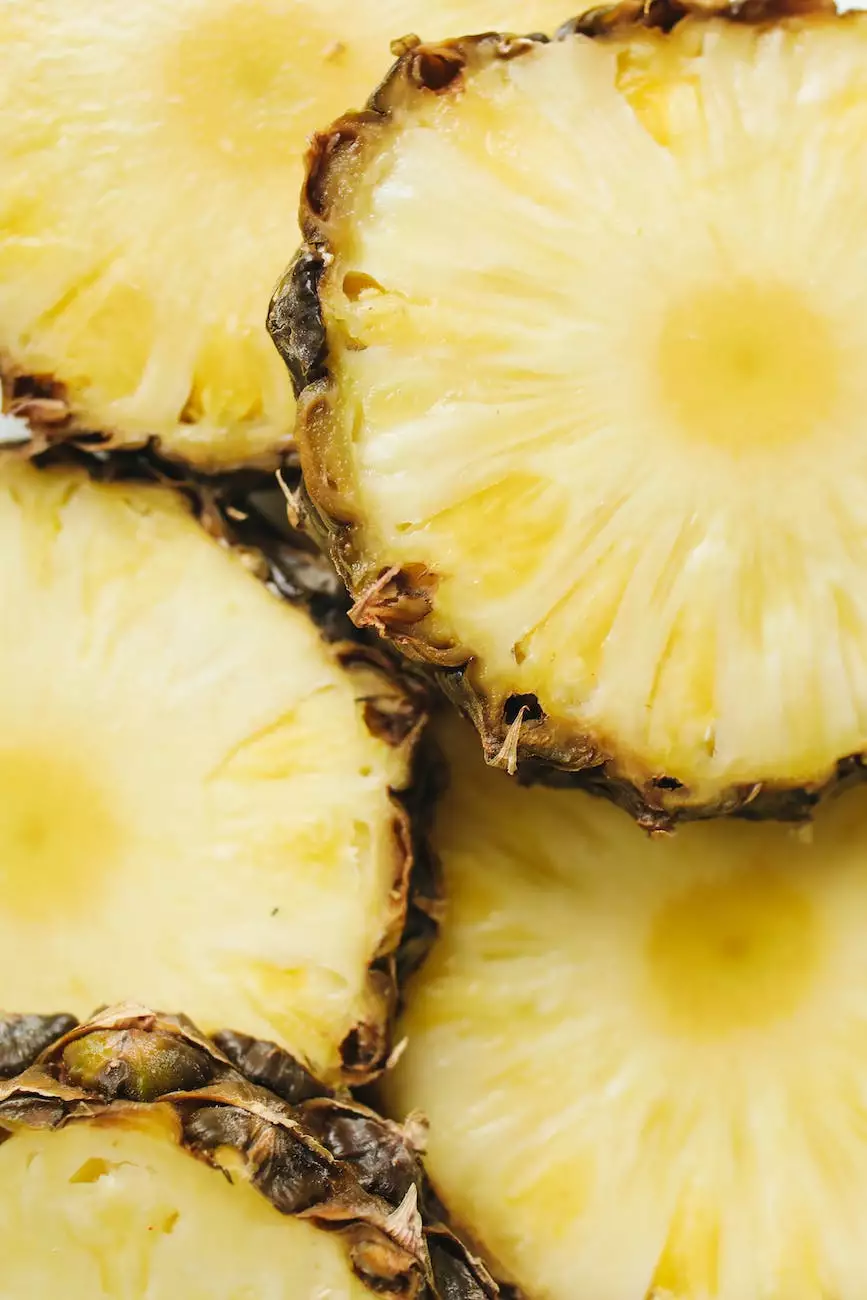Why Vitamin B is Vital to Your Well-Being
Blog
Introduction
Welcome to Rochester Holistic Center, where we believe in the power of nature to nourish your body and boost your overall well-being. In this comprehensive guide, we will explore the importance of Vitamin B and how it contributes to your health. Discover the benefits, food sources, and tips to optimize your Vitamin B intake. Let's embark on a journey towards holistic wellness!
The Benefits of Vitamin B
Vitamin B, also known as the "energy vitamin," plays a crucial role in maintaining a healthy body and mind. Its benefits are vast and varied:
1. Enhanced Energy Levels
Vitamin B helps convert the food we eat into energy. It plays a key role in metabolizing carbohydrates, fats, and proteins, ensuring our body has the fuel it needs for everyday activities. By ensuring optimal energy production, Vitamin B helps combat fatigue and boost vitality.
2. Improved Brain Function
Vitamin B is essential for proper brain function. It supports cognitive health, memory, and concentration. Moreover, it aids in the synthesis of neurotransmitters, the chemical messengers that facilitate communication between nerve cells. By ensuring adequate Vitamin B intake, you can safeguard your brain health and optimize mental performance.
3. Strengthened Immune System
Vitamin B is an essential component for a robust immune system. It plays a vital role in the production of immune cells and antibodies, which help fight off infections and diseases. By optimizing your Vitamin B levels, you can enhance your body's defense mechanism and promote overall health.
4. Healthy Skin, Hair, and Nails
Vitamin B promotes healthy skin, hair, and nails. It is involved in collagen production, a protein that provides structure and elasticity to the skin. Adequate Vitamin B intake ensures proper cell regeneration, maintaining a youthful complexion and strong, lustrous hair. It also helps prevent brittle nails and supports their growth.
Top Food Sources of Vitamin B
To ensure you're getting enough Vitamin B, incorporate these nutrient-rich foods into your diet:
1. Leafy Green Vegetables
- Spinach
- Kale
- Broccoli
2. Animal Protein
- Chicken
- Fish (salmon, sardines)
- Eggs
3. Whole Grains
- Brown rice
- Oats
- Quinoa
4. Legumes
- Lentils
- Chickpeas
- Black beans
Tips to Optimize Your Vitamin B Intake
1. Balanced Diet
Aim for a well-rounded diet that includes the aforementioned Vitamin B-rich foods. By maintaining a balanced intake of nutrients, you can ensure sufficient Vitamin B levels and support your overall well-being.
2. Consider Supplementation
If you struggle to meet your daily recommended intake of Vitamin B through food alone, consider consulting a healthcare professional about supplements. They can help determine the right dosage and offer guidance based on your specific needs.
3. Cooking Methods
Opt for cooking methods that preserve the Vitamin B content in your food. Steaming, stir-frying, and microwaving are great options to retain the nutrients, while minimizing loss during the cooking process.
4. Limit Alcohol and Caffeine
Excessive alcohol and caffeine consumption can interfere with Vitamin B absorption and utilization. While moderate amounts are generally fine, excessive intake may hinder the benefits of Vitamin B. Practice moderation for optimal results.
Conclusion
Vitamin B is a vital nutrient that holds the keys to improved energy levels, brain function, immune support, and healthy skin, hair, and nails. By incorporating Vitamin B-rich foods into your diet and following our tips to optimize intake, you can harness the power of this essential vitamin to support your overall well-being. At Rochester Holistic Center, we are committed to guiding you on your holistic wellness journey. Discover the potential of Vitamin B today and experience the transformative benefits it brings!










